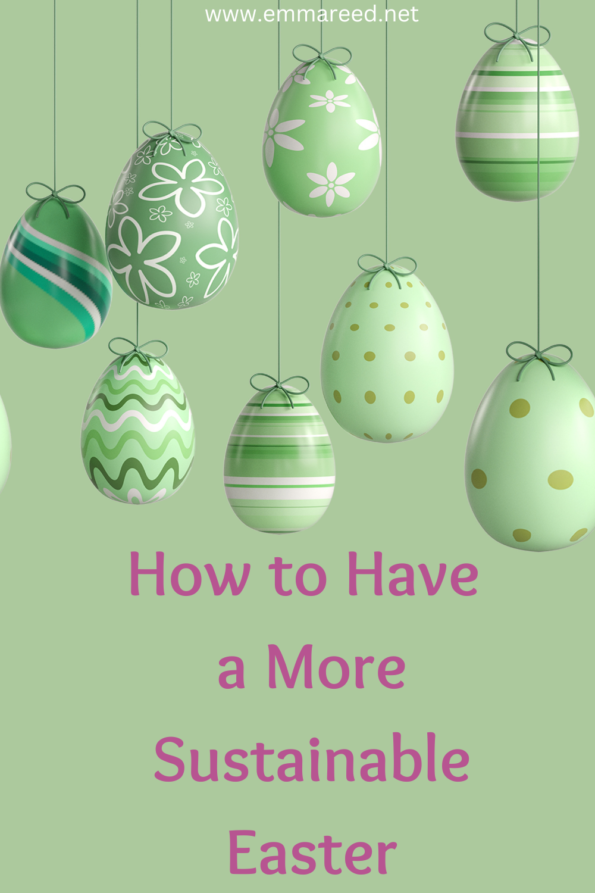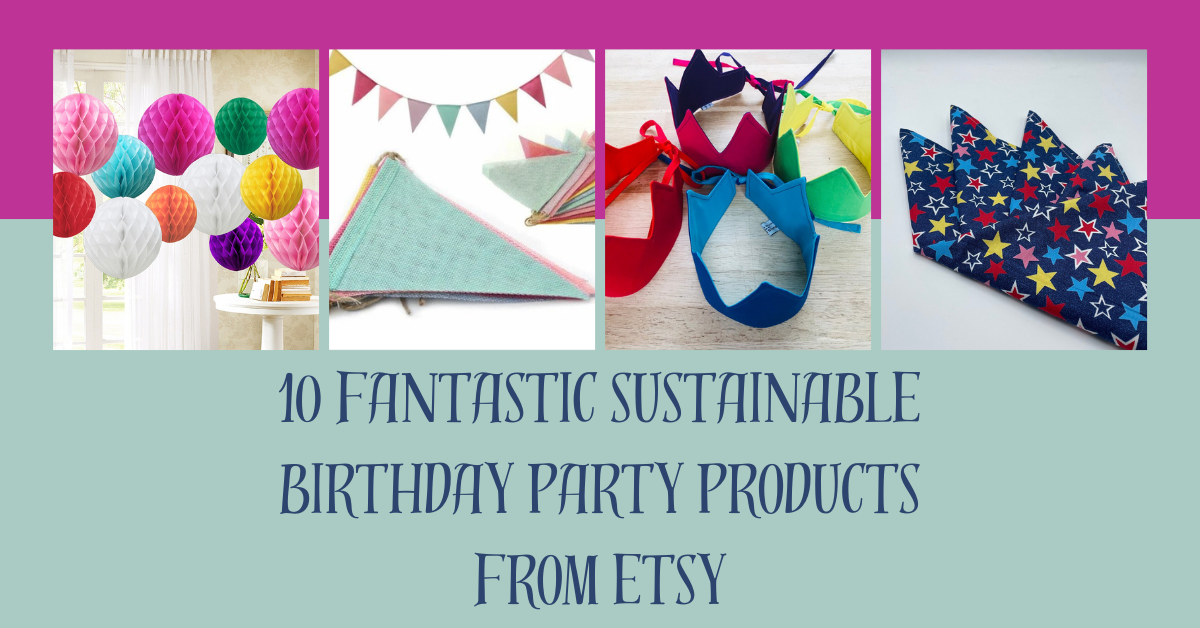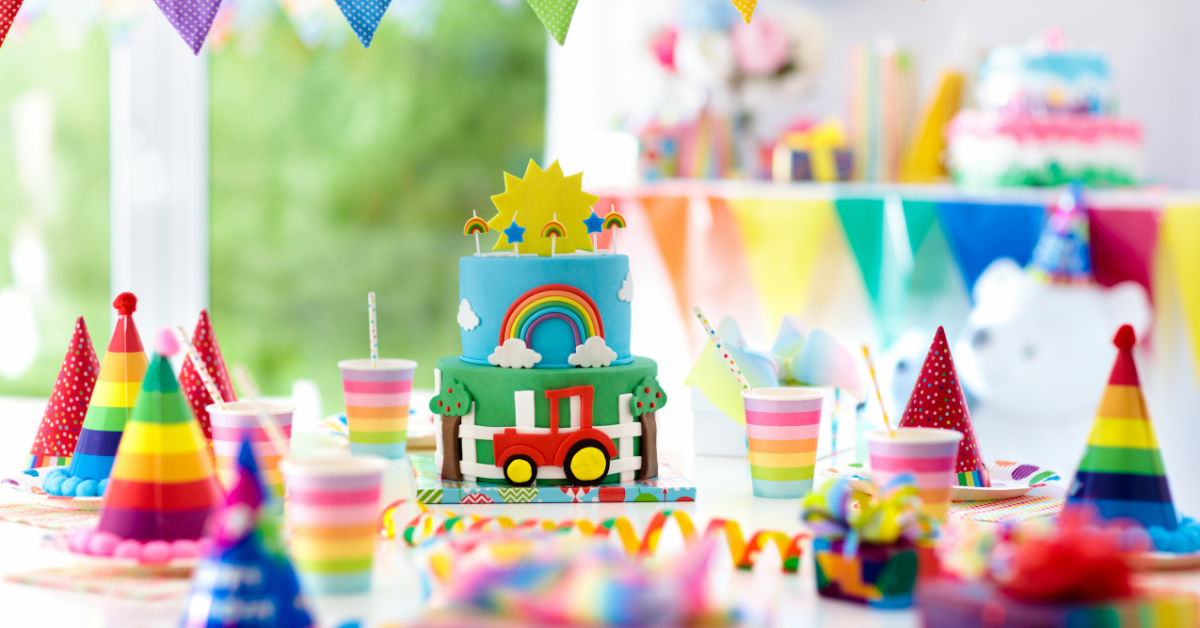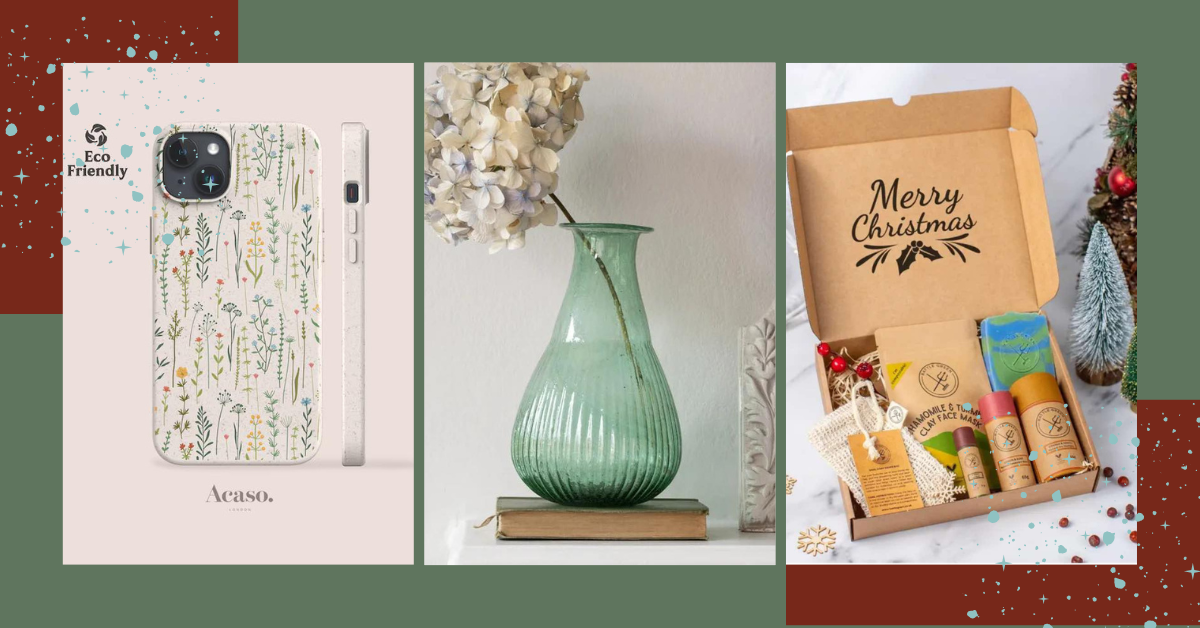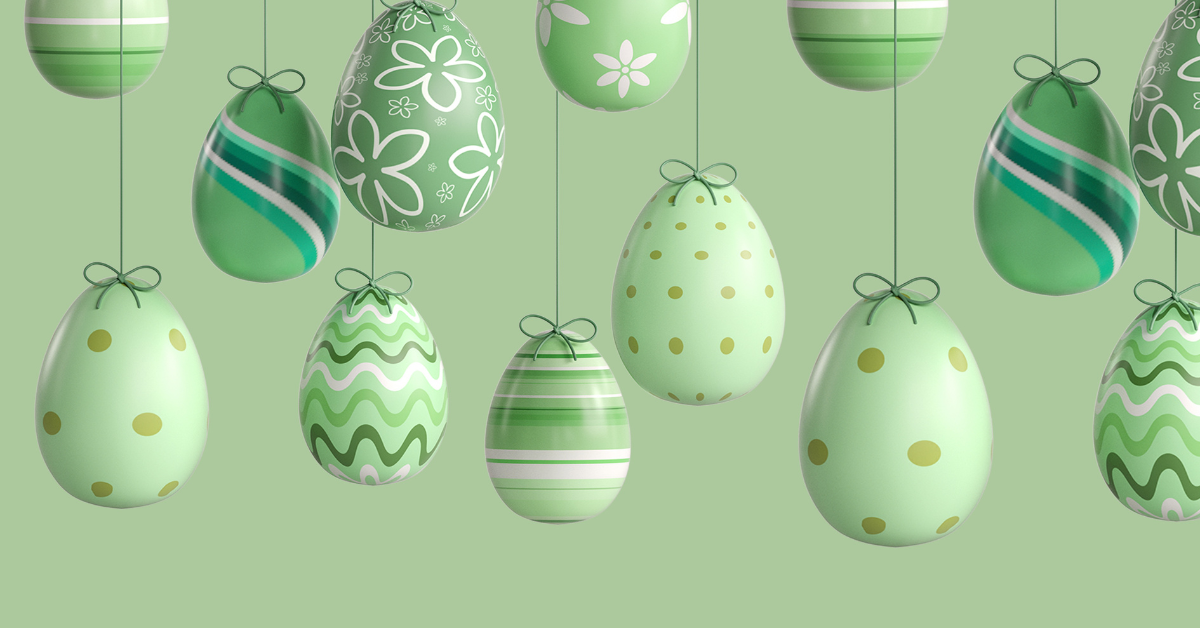
How to Have a More Sustainable Easter

*Affiliate Links
Easter is one of my favourite times of the year – the arrival of spring, the extra-long weekend, the perfect excuse to eat chocolate all day! But like with many of our annual celebrations, this one can also come with a lot of waste. From excessive packaging to plastic decorations and leftover food, Easter can be a bit of an environmental nightmare. However, with a few simple swaps and some eco-conscious planning, you can make your Easter far more sustainable while still being just as fun.
Choosing Eco-Friendly Easter Eggs
The UK gets through a staggering 80 million boxed eggs each year, and with that comes heaps of plastic and cardboard waste. Thankfully, many companies are now stepping up their eco game and ditching unnecessary packaging. Brands like Tony’s Chocolonely, Montezuma’s, and Divine offer ethical and plastic-free options, making it much easier to enjoy your chocolate guilt-free. You could also take a DIY approach and make some homemade chocolate treats and sweets.
Sustainable Easter Egg Hunts
Easter egg hunts are a must, especially if you have little ones, but not everybody uses real eggs, instead choosing to purchase plastic eggs for this game. If you already own these, keep using them. Take good care of them, store them away safely each year and reuse them. However, if you don’t already own some, clock them in the shop and think they’re a good idea, maybe just leave that purchase and take some time to look into products that use more sustainable materials, such as wood or felt. Of course, another way to do your Easter egg hunt is to hide foil-wrapped chocolate eggs (as foil can be recycled infinitely).
Reducing Food Waste at Easter
Food plays a big part in Easter, and with that comes the potential for a lot of waste. Planning your meals carefully can help reduce the amount of excess food, and if you do end up with leftovers, make sure you use them up. Composting is another great way to keep food waste out of the bin- egg shells, vegetable peels, and even coffee grounds can all go in your garden compost bin.
“Easter results in tonnes of waste from food and packaging, with more than 9,600 tonnes of cardboard waste, over 4,000 tonnes of plastic waste, around 10 million Easter cards being sent and binned and 8,500 tonnes of food waste, including 8 million hot cross buns wasted, 19 million leftover potatoes and 8 million Easter eggs”
Business waste
Partyware
Single-use partyware may feel like the easiest option when you are entertaining friends and family, but not only are you wasting your money year on year, but you are also adding to our ever-growing waste issue. Instead of reaching for those plastic cups and cutlery, disposable straws and paper plates, just use what you already own and let the dishwasher do the cleaning up for you… If you don’t own a dishwasher, maybe delegate that task to someone! It’s only fair, right? You cook and host, and your guests help tidy up.
Eco-Friendly Easter Decorations
Decorating for Easter doesn’t have to mean buying plastic tat that will end up in the bin by next year. Look for well-made reusable options or even have a go at crafting your own with the family. Think toilet roll bunnies, egg carton chicks, paper mâché eggs and so on. You could also make a homemade wreath for the door using dried flowers, moss, daffodils and other nature-inspired items.
Thoughtful Gifting
Easter gifts have got a little out of hand in recent years – thanks social media!! Do we really need to be making huge Easter baskets stuffed full of mass-produced plastic bits and bobs? Obviously I don’t think so. Easter used to just be about the eggs and being with family; however, if you did want to show your appreciation for someone, why not look into presents that mean a little more and will come in useful? You could consider gifts like a family day out, a gardening kit, books or a homemade treat. If you are gifting flowers make sure you are choosing locally or UK grown ones from the shop, or perhaps you could cut some homegrown from your own garden?
Getting the Whole Family Involved
One of the best ways to make Easter more sustainable is to involve the whole family in the process. Talk to your kids about why you’re making these changes and make it fun for them, whether that’s through an upcycling craft session, a zero-waste baking challenge, or a nature-themed scavenger hunt. The more they understand, the more likely they are to embrace these habits for years to come.

*This post contains an affiliate link which means I will earn a small commission if you purchase via it. This does not affect your shopping experience or how much you pay. For further information please refer to my disclosure page.
Pin for later:
